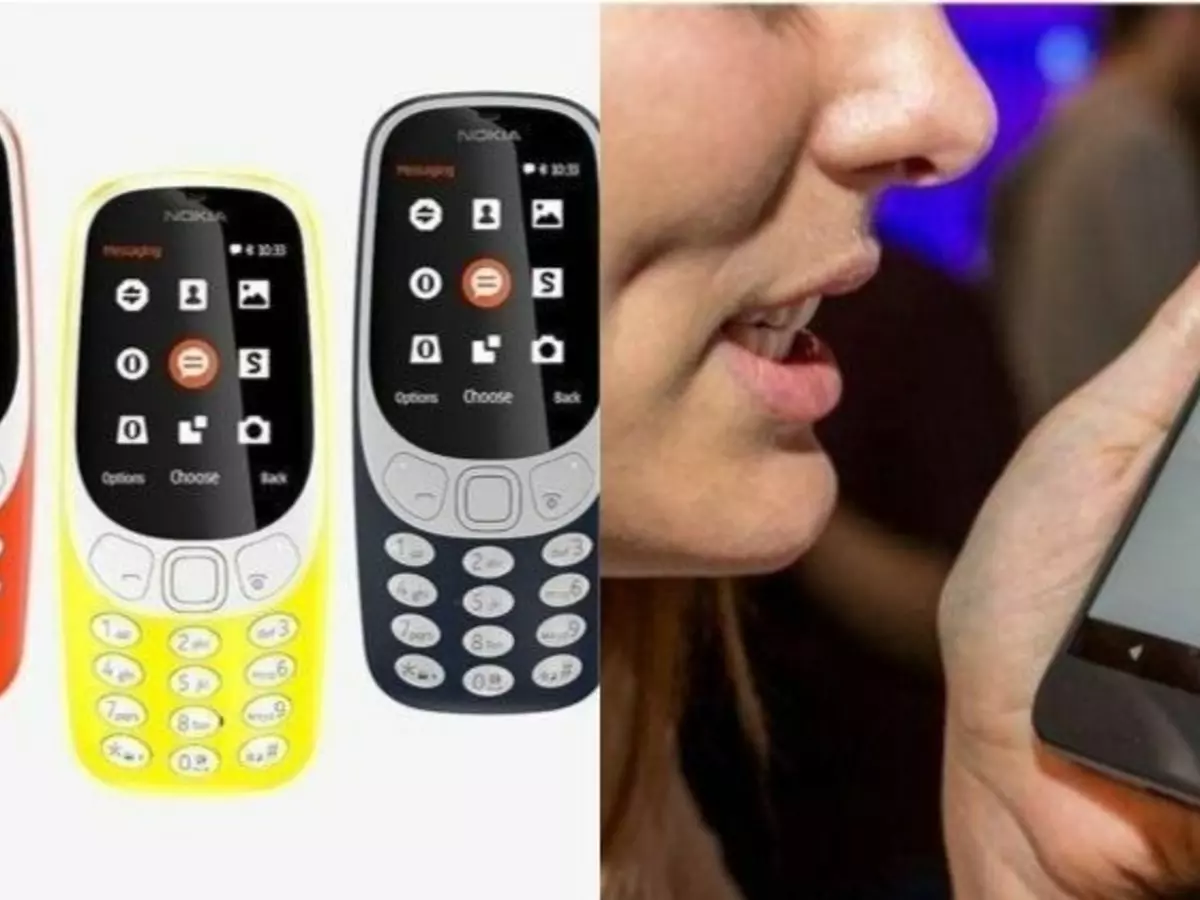Because People Seem To Love Google Assistant, It's Also Coming To Feature Phones Soon
With CES 2019 finally kicked off, Google seems to have quite a few things to show off this year. Foremost among them however is its Google Assistant, the driving force behind its smartphones and smart speakers, and it¡¯s getting better.

With CES 2019 finally kicked off, Google seems to have quite a few things to show off this year. Foremost among them however is its Google Assistant, the driving force behind its Pixel line of smartphones and Google Home smart speakers, and it's getting better.

For one thing, Google had a ridiculously good year as far its digital assistant is concerned. By the end of January, the company expects Google Assistant will be active on a whopping one billion devices. That's a massive jump when you consider it hit the 500 million benchmark just this last May.
It's also way more than rival Amazon's Alexa, which just posted users numbers closer to 100 million. Of course, the difference is that Google Assistant comes standard with Android devices, whereas Alexa is only the default for the Amazon Echo line. Android's do make up the majority of that large number, but it seems many more people have been adopting Google Home last year as well. In addition, the company was also quick to point out that Google Assistant is now available in 30 languages across 80 countries
Also Read: Alexa vs Google Assistant vs Siri vs Bixby: Which Voice Assistant Is The Best Of Them All?
The next huge announcement though, has less to do with what the technology has achieved, rather than where it's going. Google announced that its next target is emerging markets, and to tackle them it's going to bring the assistant to feature phones.
"There are large, large numbers of feature phones in the market today, hundreds of millions," Google Assistant VP Manuel Bronstein told The Verge. "But if you think about writing, reading, and typing on those feature phones, it's not that simple. And the voice-first interaction is becoming increasingly important in those markets, and we're beginning to see traction there. We're going to start talking more about that at Mobile World Congress, but definitely, there's a massive opportunity for voice interaction and assistive technology in those markets as well."

As such, it seems we won't get all the details of this move until February. In the meantime however, people are more than happy to use Google Assistant on their smartphones. As it turns out, most tend to use it to make a call without having to actually navigate to a contact name. The next biggest use cases are for texting and setting alarms, with streaming music featuring much lower than it does for smart speaker users.
Still, it might be nice to have the assistant available on a sub-Rs 5,000 phone.
